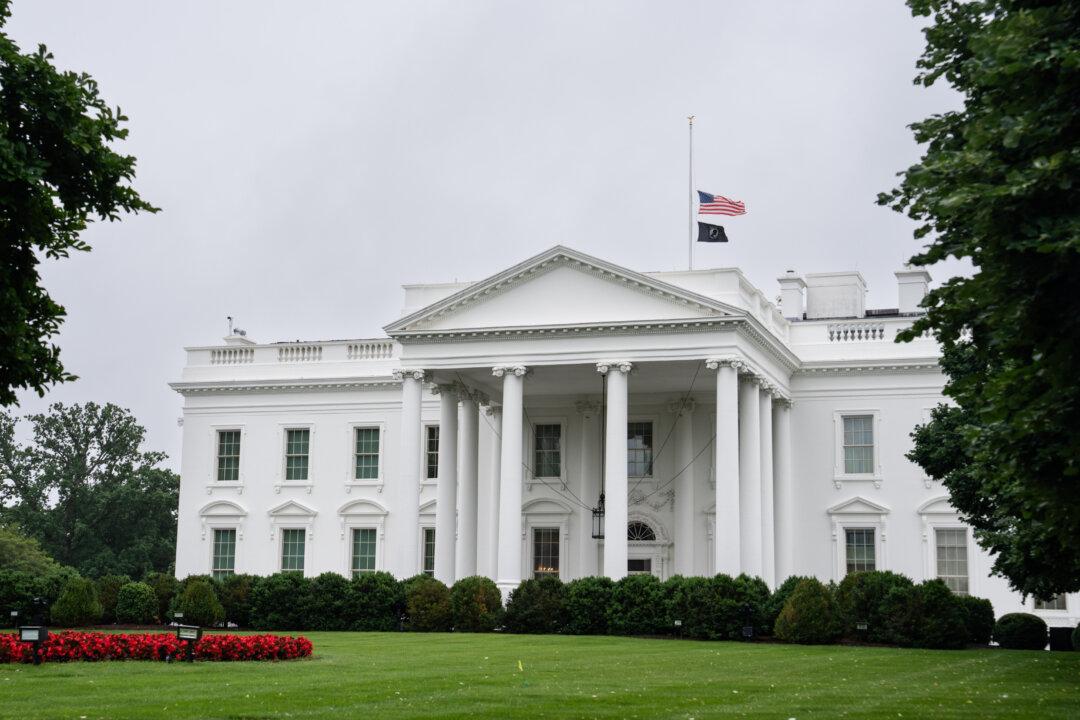The U.S. Court of Appeals for the D.C. Circuit has temporarily allowed the Trump administration to ban the Associated Press from certain spaces after it refused to change its stylebook to reflect the name change for the Gulf of America, previously named the Gulf of Mexico.
In a 2–1 decision, the court granted a stay of a lower court’s injunction pending appeal. It was a partial stay, applying to the Oval Office, Air Force One, Mar-a-Lago, and similar spaces. However, it declined to halt part of the injunction applying to the East Room of the White House.
Circuit Judge Cornelia Pillard dissented, stating that “the government does not come close to establishing entitlement to a stay.” The White House, she said, had breached the First Amendment by excluding the Associated Press from the Oval Office.
Rao and Katsas disagreed with McFadden’s analysis of the First Amendment but also said that the White House faced greater harm because of its effects on the president’s ability to choose which outlets to allow in his otherwise private workspaces.
“While the AP has alleged financial loss from being denied access to the Oval Office, that harm does not, in our view justify an intrusion on presidential prerogatives during this litigation,” they wrote.
Pillard and her colleagues disagreed on how to view access to the Oval Office. While Pillard compared the issue to denying a government benefit based on speech, Rao and Katsas said the issue was “more akin to a decision about how the President wields the bully pulpit.”
Those two also disagreed with McFadden’s determination that the Oval Office was a “nonpublic forum” that should be controlled in a viewpoint-neutral manner.
“These spaces should not be classified as nonpublic fora because access to them is tightly controlled and highly selective,” Rao said. She added that “when access to government property is very limited, considerations of viewpoint may be permissible.”
The administration also tried to argue that federal courts shouldn’t be able to review the president’s discretion over admitting particular outlets in the Oval Office and other spaces.
It cited the “political question doctrine,” which generally dictates that courts should avoid certain issues if they’re the responsibility of another branch. The Supreme Court has said the doctrine applies when there is a lack of “judicially discoverable or manageable standards for resolving” the issue at hand.
Katsas and Rao acknowledged that the lawsuit arose in a political context but said the First Amendment issues involved fell within their authority as federal judges.
“The AP’s constitutional challenge lies well within the judicial province,” Rao said.







